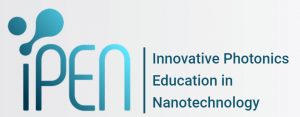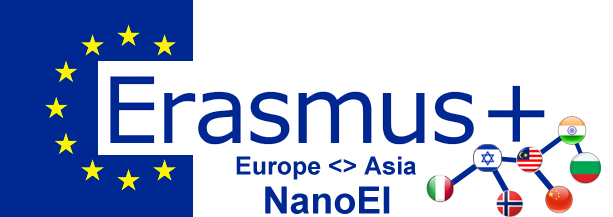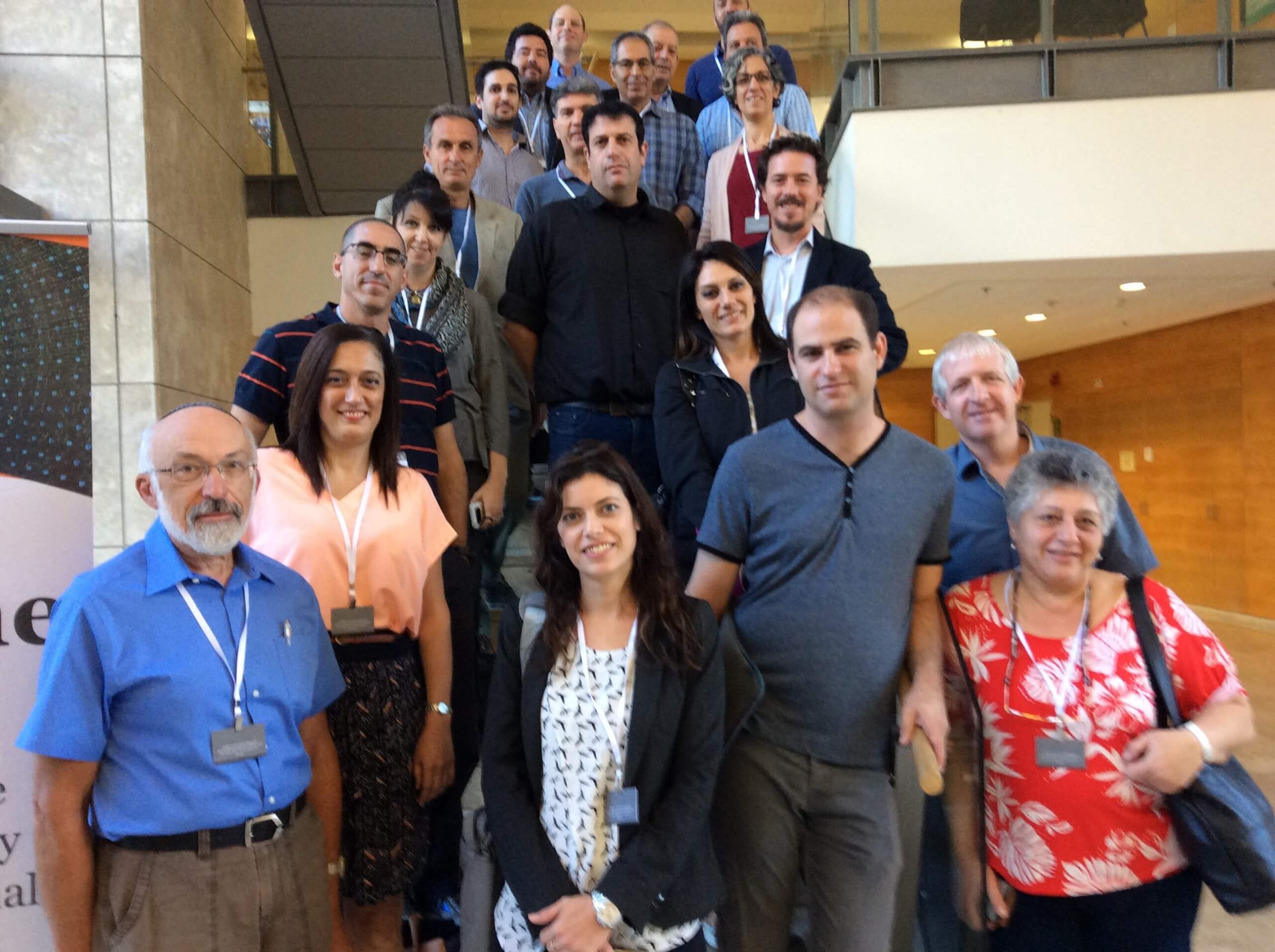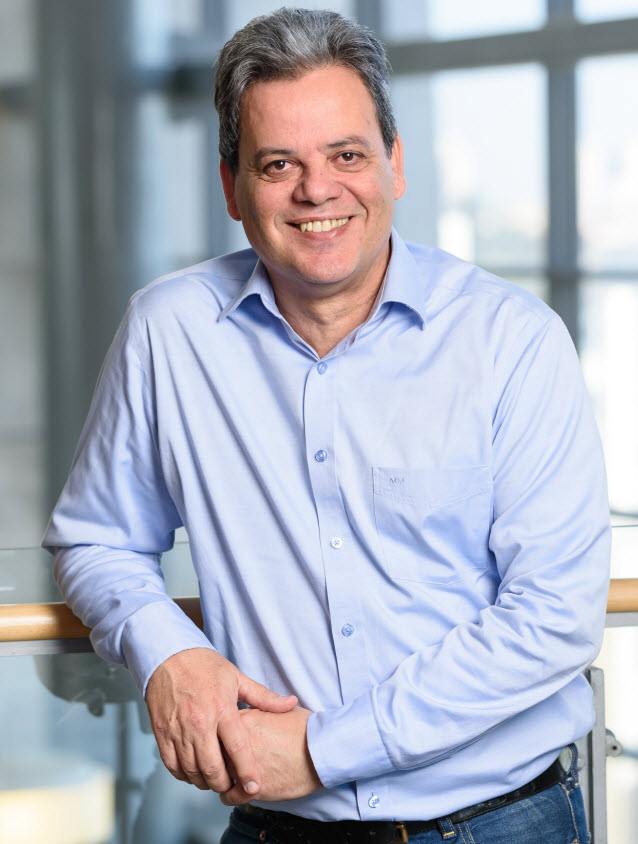What is the iPEN Project?
 The iPEN Project’s aim is to train students of non-physics background in the photonic processes and tools mostly employed in a nanotechnology laboratory. Moreover, the project targets good teaching practices, so staff training events are planned to take place throughout the project to enhance skills in modern offline- and online- teaching.
The iPEN Project’s aim is to train students of non-physics background in the photonic processes and tools mostly employed in a nanotechnology laboratory. Moreover, the project targets good teaching practices, so staff training events are planned to take place throughout the project to enhance skills in modern offline- and online- teaching.
The iPEN consortium’s focus is to develop the hard skills (in photonics) and the soft skills of students, which will increase their employability in any working environment independently of the technical discipline.
The project is coordinated by the Technological Educational Institute of Crete. It consists of nine higher educational institutes, three research centers, and one SME. There are also five associated partners from Greece, Germany, Austria, and Israel. Find out more about the iPEN Project here.
What is the NanoEl Project?
The NanoEl Project’s aim is to transfer knowledge between EU higher education institutions and institutions in China, Malaysia, India, and Israel. It also aims to adapt, innovate, and modernize existing curricula in Nanoelectronics in the four partner countries (PCs).
 Three EU and eight PC universities share infrastructure, technological and human resources to develop certified e-learning modules for at least 22 courses, developed for specific learning outcomes to be used in the partners’ MSc programs in Nanoelectronics.
Three EU and eight PC universities share infrastructure, technological and human resources to develop certified e-learning modules for at least 22 courses, developed for specific learning outcomes to be used in the partners’ MSc programs in Nanoelectronics.
NanoEl is a multinational project with Malaysia, China, India, and Israel, coordinated by the Technical University of Sofia in Bulgaria. Find out more about the NanoEl Project here.
Dr. Yossi Talyosef
Dr. Yossi Talyosef is the General Manager of the Bar-Ilan Institute of Nanotechnology (BINA) Research Centre and has been working in this capacity since 2017. He started working at Bar-Ilan University in the Chemistry Department in 2002. He joined BINA as the Head of the Scanning Electron Microscopy (SEM) department, which is part of the Charge Particle Microscopy (CPM) unit, in 2008 and was made Head of CPM in 2013, before moving into the administrative management position.
Dr. Talyosef was awarded a PhD in Chemistry from Bar-Ilan University (BIU) in 2007. His supervisor was Prof Doron Aurbach, who is ranked among the top 500 scientists in the world and number two in Israel. Dr. Talyosef’s studies focused on the “Research of new cathode material and organic additives properties in electrolyte solutions for rechargeable lithium-ion batteries”. Dr. Talyosef is the Bar-Ilan coordinator for the iPEN and NanoEl projects.
Dr. Yossi Talyosef Shares his Thoughts about the iPEN and NanoEl Projects
Bar Ilan’s Institute for Nanotechnology and Advanced Materials (BINA) is involved in two Erasmus+ Capacity Building Projects: NanoEl and iPEN. There are many reasons for this involvement, some more obvious than others.
Deepening the relationship with European universities and building a professional network will allow future applications for European research grants, but more importantly, we can expose our researchers to different methods of course-building, enrich the range of courses offered in English, and build a curriculum to strengthen the connection between industry and academia.

iPen Kick-Off Meeting at Bar-Ilan University, 2017
In addition, it enables us to expose the institute’s research students to the world in order to enrich their experience and enable them to build a professional network at this early stage of their careers, and it gives them exposure to new cultures and places. All these reasons combined serve as great incentives for researchers and students taking part in the project.
Bar-Ilan University has also benefitted from the project as it can now offer local and international students two full, high-level study programs (more than 20 courses in each) in the Faculty of Engineering, which are all taught in English. As a result, we are now able to recruit more top-quality students from all over the world, adding diversity and a new dimension to our local talent.

NanoEl Project meeting at USN campus Vestfold, Norway, June 2018
Three things amazed me about our involvement in the project. First, I learned that sometimes it is good to be naive. Secondly, a fascinating discovery is that PhD students from Israel and internationally prefer to study with us and not elsewhere because of our participation in these projects, and finally, as early as the first meeting, the students made excellent connections among themselves – ties that have not been broken to date.
Contact Us for More Info
Leave your details and we’ll get back to you soon


